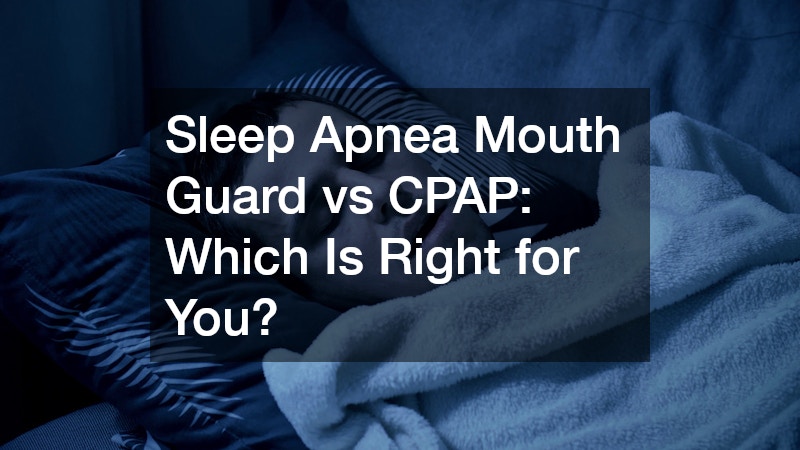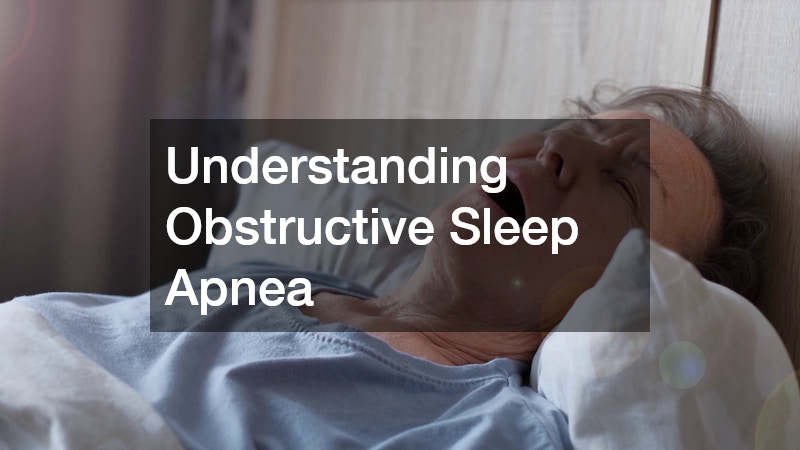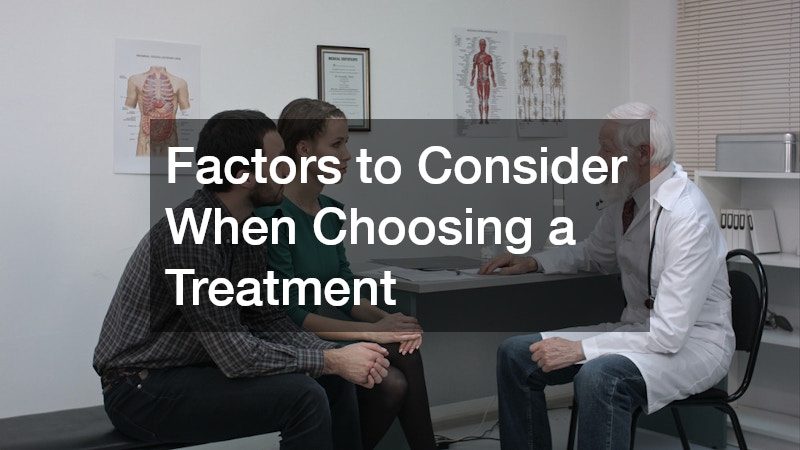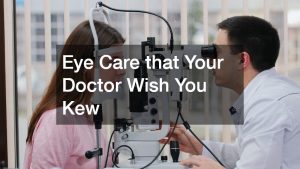
Living with sleep apnea can feel exhausting—literally and figuratively. From waking up frequently at night to dealing with chronic fatigue and health risks, finding an effective treatment is crucial. Two of the most common solutions are CPAP machines and oral appliances like mouth guards. But how do they differ, and how do you decide which one fits your lifestyle and condition?
If you’re looking for alternatives to CPAP for sleep apnea, this guide will walk you through the pros and cons of both options, who they’re best suited for, and what to expect.
Understanding Obstructive Sleep Apnea

Obstructive sleep apnea (OSA) happens when the airway becomes blocked during sleep, often due to relaxed throat muscles or the tongue falling backward. This leads to pauses in breathing, often followed by gasping or loud snoring. Over time, untreated sleep apnea can increase the risk of high blood pressure, stroke, heart disease, and poor mental health.
Treatment is essential not just for better sleep but for long-term wellness. That’s where CPAP therapy and oral appliances come in.
What Is a CPAP Machine?
A CPAP, or Continuous Positive Airway Pressure machine, is a medical device designed to treat obstructive sleep apnea by helping you breathe more easily while you sleep. It works by delivering a steady stream of pressurized air through a mask that fits over your nose, mouth, or both. This airflow keeps your airway from collapsing, reducing pauses in breathing and improving sleep quality.
Key Benefits of CPAP:
- Highly effective for moderate to severe sleep apnea
- Reduces snoring and nighttime awakenings
- Improves oxygenation and overall sleep quality
- Backed by research and widely prescribed by sleep doctors
Challenges of Using CPAP:
- Some find the mask uncomfortable or claustrophobic
- Machine noise may disturb light sleepers or partners
- Traveling with CPAP equipment can be inconvenient
- Requires daily cleaning and maintenance
CPAP is often the first recommendation from sleep specialists due to its high success rate, but it’s not the best fit for everyone.
What is a Sleep Apnea Mouth Guard?
A sleep apnea mouth guard—often referred to as a mandibular advancement device (MAD)—is a specially designed oral appliance that you wear while sleeping. It works by repositioning the lower jaw slightly forward, which helps prevent the airway from collapsing during the night. By keeping the airway open, the device can significantly reduce breathing interruptions commonly caused by obstructive sleep apnea.
Advantages of Oral Appliances:
- Compact and travel-friendly with no power cords or bulky machines
- Quieter than CPAP—no motor or airflow sounds
- Easier to adapt to for people who find CPAP uncomfortable
- Great for people with mild to moderate OSA
Potential Drawbacks:
- Not ideal for severe cases
- May cause jaw soreness or shifts in bite with extended use
- Requires regular adjustments and dental visits
Mouth guards are often prescribed as a second-line therapy or for patients who can’t tolerate CPAP.
Sleep Apnea Mouth Guard vs CPAP: A Head-to-Head Comparison
If you’re weighing the option of a sleep apnea mouth guard vs CPAP, here are some comparison points to help guide your choice:
| Feature | CPAP | Mouth Guard |
| Best for | Moderate to severe OSA | Mild to moderate OSA |
| Comfort | May take time to adjust | Generally more comfortable |
| Portability | Bulky and requires power | Compact and easy to travel with |
| Noise | May produce motor or airflow sound | Silent |
| Maintenance | Needs daily cleaning | Minimal upkeep |
| Prescription | Yes, from a sleep specialist | Yes, usually from a sleep-trained dentist |
Are Mouth Guards a Good CPAP Alternative?
For those seeking alternatives to CPAP for sleep apnea, oral appliances are a proven option, especially if your condition is mild or you’re unable to tolerate CPAP. Some patients even use a combination of therapies, depending on their sleeping environment or travel needs.
The key is working with a qualified provider. Sleep dentists who specialize in oral appliance therapy can tailor a device to your needs and monitor its effectiveness through follow-up care.
Factors to Consider When Choosing a Treatment

Before settling on either CPAP or a mouth guard, consider the following:
1. Severity of Your Sleep Apnea
A sleep study (polysomnography) will help determine whether your condition is mild, moderate, or severe. CPAP is typically best for moderate to severe cases, while a mouth guard may be sufficient for milder forms.
2. Comfort and Lifestyle
If you’re a frequent traveler or have difficulty falling asleep with a mask, an oral appliance might be a more practical choice. If you don’t mind the equipment and want optimal results, CPAP could be a better solution.
3. Insurance Coverage and Cost
Insurance plans often cover both devices, but check your benefits. CPAP machines and accessories can be more expensive over time due to filters, tubing, and mask replacements. Oral appliances may require fewer ongoing expenses but might not last as long.
4. Your Sleep Partner
Consider the impact on your partner. A CPAP’s noise or bulk may disrupt their sleep, whereas a mouth guard is silent and less obtrusive.
Talk to Your Healthcare Provider
The best way to determine your ideal treatment is through a consultation with a sleep specialist or a trained dentist. A thorough evaluation and follow-up testing can ensure that the therapy you choose effectively treats your apnea without negatively impacting your comfort or quality of life.
Final Thoughts
Choosing between a CPAP and a sleep apnea mouth guard doesn’t have to be confusing. Each has its strengths and limitations, and the right choice comes down to your personal comfort, lifestyle, and the severity of your condition. Whether you stick with the gold standard or explore other options, the most important thing is to stay consistent with your treatment and work closely with your provider.

